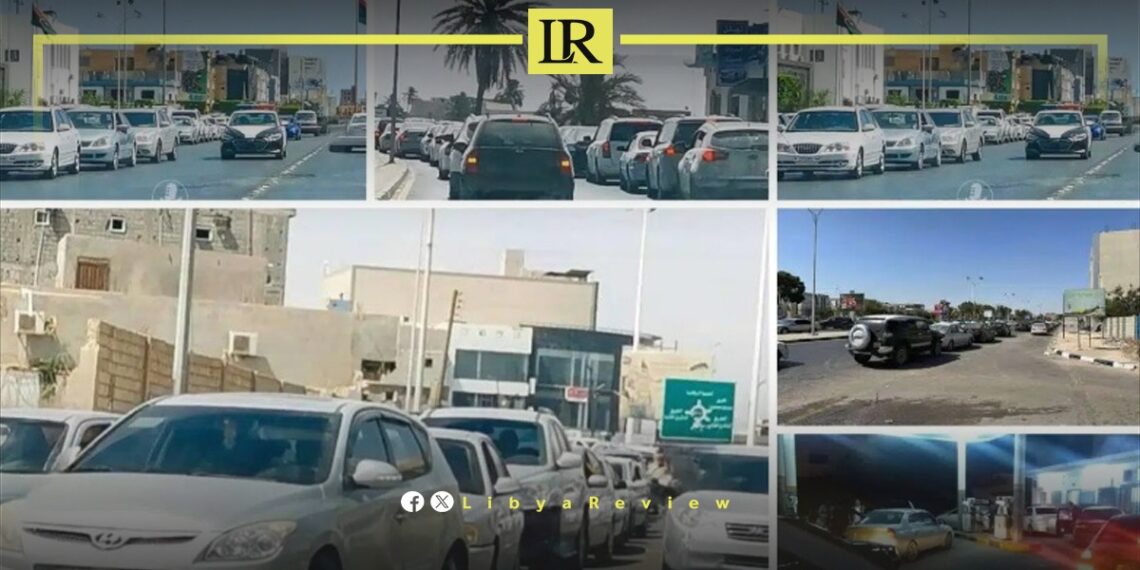Libya, one of Africa’s largest oil producers, continues to suffer from one of its most enduring and frustrating domestic crises: fuel shortages.
Despite abundant resources, daily quotas from the National Oil Corporation, and years of government promises, Libyans still face endless lines at gas stations, paying the price for mismanagement, smuggling, and political division.
Across Tripoli, Misrata, Benghazi, and Sebha, the scenes are painfully familiar. Cars stretch in long queues outside petrol stations, often for hours under blazing heat, with citizens waiting for limited amounts of fuel. When supplies arrive, they are frequently rationed, while on the black market the same gasoline is sold at double or triple the official price.
In the south, where supply chains are weaker, prices can soar even higher, leaving families with impossible choices between transport and daily essentials.
Observers argue that the crisis is not a matter of oil production but of systemic dysfunction.
The National Oil Corporation pumps out enough fuel to meet domestic demand, yet large volumes are siphoned off through corruption or smuggling networks that move it across land borders and by sea. The result is an artificial shortage that leaves citizens scrambling for a product Libya produces in abundance.
The paradox is striking: how can a country ranked among the world’s top oil holders struggle to keep its own population supplied with fuel? Analysts point to weak governance, overlapping authorities, and a lack of accountability as the core reasons.
In many cases, rival institutions complicate decision-making, while half-implemented solutions—like electronic distribution systems or increased imports—never translate into visible results for ordinary people.
The crisis is also a reflection of Libya’s broader political malaise. With rival governments in Tripoli and Benghazi, decisions over fuel imports, distribution, and oversight often become entangled in competition for legitimacy and revenue. Citizens pay the price for this fragmentation, spending hours in queues or turning to the black market.
In Tripoli, recent weeks have seen shortages escalate, with gas stations unable to meet demand and traffic snarling around neighborhoods where stations remain open.
In Benghazi, residents report entire days when stations shut down, while in Sabha, limited supply routes and high demand make the crisis particularly acute.
For now, the fuel crisis remains a symbol of Libya’s fractured governance and chronic instability. Citizens wait in endless lines for a resource that should be plentiful, while governments issue promises that rarely materialize into real solutions.


